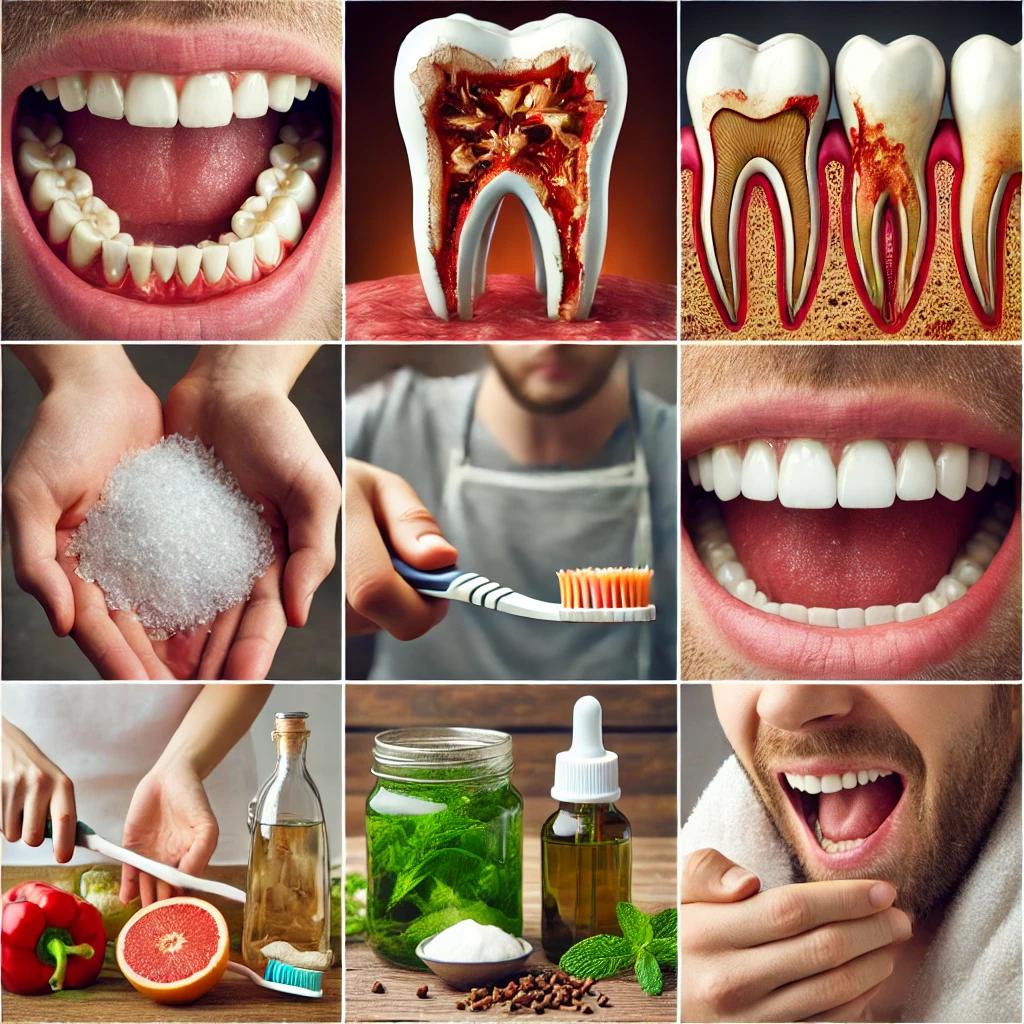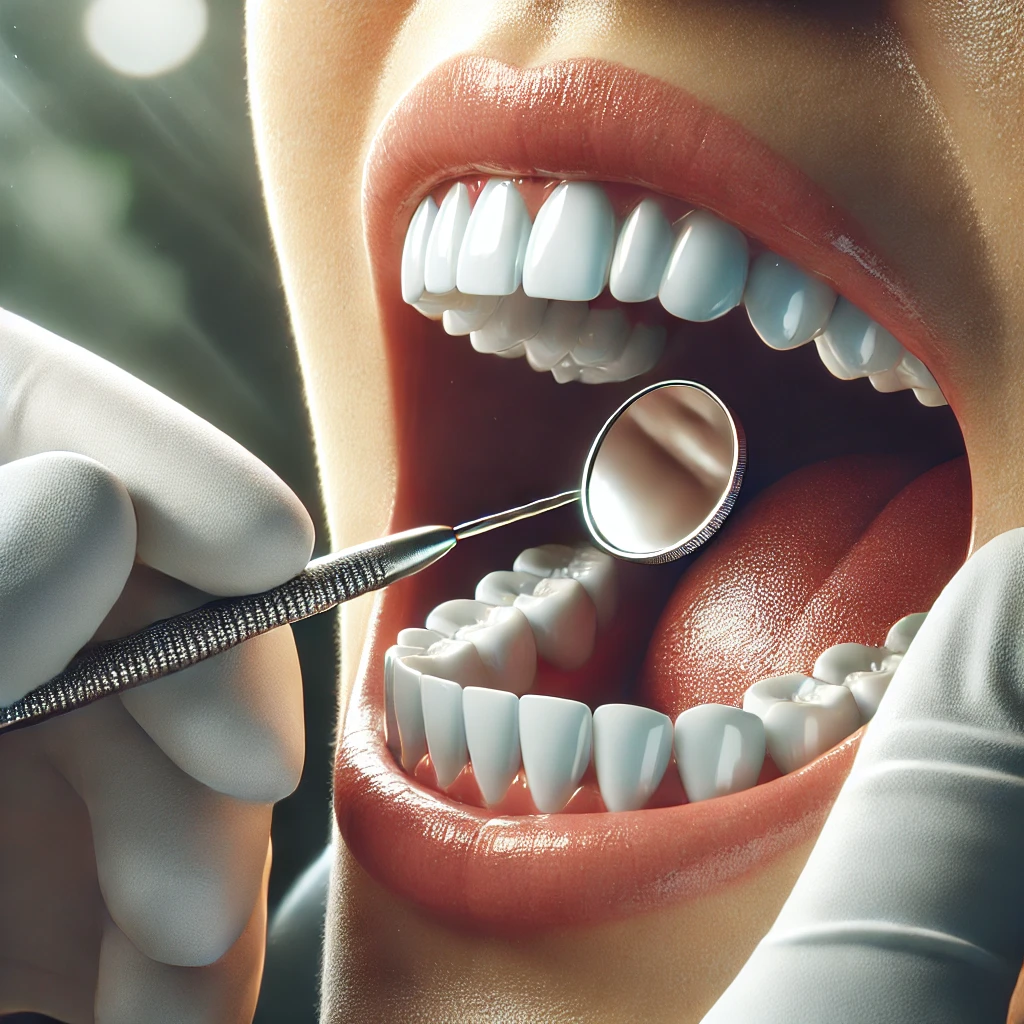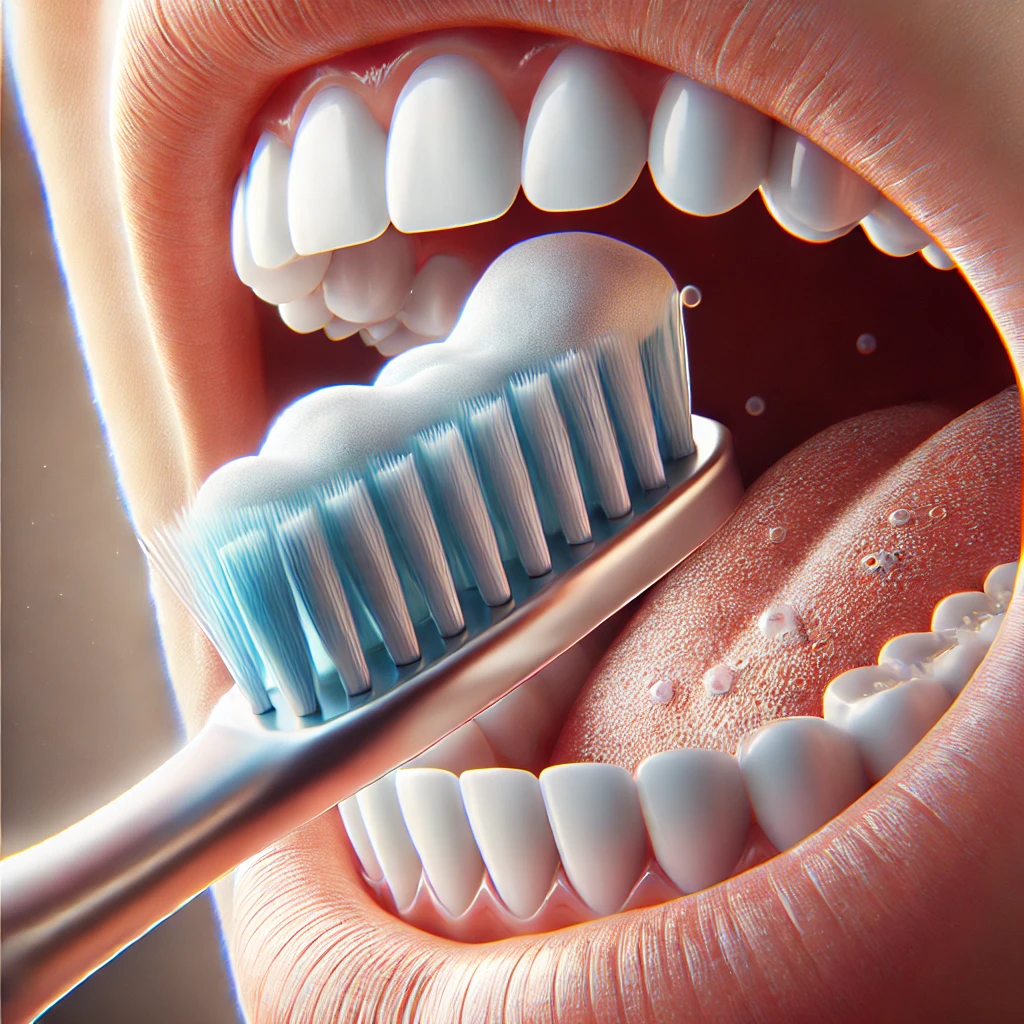Tooth pain can range from mild discomfort to severe agony, disrupting daily life and overall well-being. Our top recommendation for addressing tooth pain is to visit a dentist. A professional evaluation ensures that the root cause of your pain is identified and treated effectively, preventing complications and providing long-term relief.
While temporary remedies may provide short-term comfort, they cannot replace professional dental care. This guide explores the causes of tooth pain, practical remedies, and preventive measures to help you maintain a healthy, pain-free smile.

1. What Causes Tooth Pain?
Tooth pain can result from various oral health problems. Understanding the cause is key to finding the right solution. Common causes include:
Tooth Decay (Cavities):
Plaque buildup creates acids that erode enamel, leading to cavities. Left untreated, decay can progress into deeper layers of the tooth, causing sharp or throbbing pain. Regular dental checkups can help detect and treat cavities early. Learn more about preventing decay in our guide.
Gum Disease (Periodontal Disease):
Inflammation or infection in the gums can cause swelling, bleeding, and discomfort. Advanced stages of gum disease may lead to receding gums, loose teeth, or even bone loss. Scaling and root planing are common treatments for this condition.

Tooth Sensitivity:
Enamel erosion or gum recession can expose dentin, causing sharp pain when consuming hot, cold, or sugary foods. Using desensitizing toothpaste and maintaining good oral hygiene can alleviate this issue.
Cracked or Broken Teeth:
Small cracks may go unnoticed but can worsen over time, causing pain and sensitivity. Severe cracks often require crowns or root canal therapy to restore the tooth.
Abscessed Tooth:
A bacterial infection near the tooth root can cause severe, persistent pain, swelling, and fever. Left untreated, the infection can spread to other parts of the body.
Wisdom Teeth Problems:
Impacted or partially erupted wisdom teeth can lead to pain, inflammation, and misalignment of other teeth. Extraction is often necessary to prevent further complications.
Teeth Grinding (Bruxism):
Chronic grinding or clenching can wear down enamel, leading to jaw pain and tooth sensitivity. Night guards and stress management techniques can help address this issue.
2. Temporary Relief for Tooth Pain

While professional care is essential, the following remedies can provide temporary relief until you visit your dentist:
Saltwater Rinse:
A simple and effective remedy, rinsing with warm salt water reduces inflammation and cleanses the affected area.
Cold Compress:
Apply an ice pack to your cheek in 15-minute intervals to numb pain and reduce swelling.
Over-the-Counter Pain Relievers:
Medications like ibuprofen or acetaminophen can provide short-term relief. Always follow the recommended dosage.
Clove Oil:
Known for its natural numbing properties, clove oil is a popular home remedy. Apply a small amount to the affected area using a cotton swab.
Hydrogen Peroxide Rinse:
Dilute 3% hydrogen peroxide with water to kill bacteria and alleviate discomfort. Avoid swallowing the solution.
Garlic Paste:
Crushed garlic contains allicin, a compound with antibacterial properties. Applying garlic paste directly to the tooth can reduce pain and fight infection.
Aloe Vera Gel:
Known for its soothing properties, aloe vera gel can be applied to inflamed gums for temporary relief.
3. Why Visiting a Dentist Is Essential

Tooth pain often signals an underlying issue that requires professional care. Here’s why visiting a dentist is crucial:
Accurate Diagnosis:
Dentists can identify the exact cause of your tooth pain using X-rays and thorough examinations.
Preventing Complications:
Ignoring tooth pain can lead to severe complications such as abscesses, tooth loss, or infections spreading to other parts of the body.
Effective Treatments:
From fillings and root canals to gum disease treatments, dentists provide long-term solutions to address the root cause of the pain.
Customized Care Plans:
Every patient’s needs are unique. Dentists tailor treatment plans to ensure the best outcomes for your oral health.
4. Professional Treatments for Tooth Pain

Depending on the cause, your dentist may recommend one or more of the following treatments:
Fillings:
Used to treat cavities by removing decay and restoring the tooth.
Root Canal Therapy:
Removes infected tissue from the tooth pulp, cleans the canals, and seals them to prevent further infections.
Scaling and Root Planing:
Deep cleaning procedures to treat gum disease by removing plaque and tartar from below the gumline.
Tooth Extractions:
Severely damaged or impacted teeth may require removal. For missing teeth, consider exploring options like implants in our Comprehensive Guide to Dental Implants
Custom Night Guards:
Protects teeth from grinding and alleviates jaw pain caused by bruxism.
Laser Therapy:
For advanced gum disease, laser treatments offer a minimally invasive solution to remove bacteria and promote healing.
5. Preventing Tooth Pain

Adopting healthy habits can help you maintain optimal oral health and avoid tooth pain:
Brush Twice Daily:
Use fluoride toothpaste and a soft-bristled toothbrush to clean teeth effectively.
Floss Regularly:
Remove plaque and food particles from hard-to-reach areas between your teeth.
Limit Sugary and Acidic Foods:
These foods can erode enamel and contribute to decay. Opt for healthier snacks like fruits and vegetables.
Stay Hydrated:
Drinking water after meals helps wash away food debris and neutralize acids in your mouth.
Wear a Mouthguard:
Protect your teeth from injuries during physical activities or sports.
Visit Your Dentist Regularly:
Routine checkups allow for early detection and treatment of potential issues.
6. Vitamins for Strong Teeth

A balanced diet rich in essential vitamins and minerals plays a vital role in strengthening teeth and gums. Key nutrients include:
Calcium:
Strengthens enamel and jawbones. It is vital for children and teenagers as their teeth and bones develop.
Vitamin D:
Helps absorb calcium. It ensures that calcium is effectively utilized by the body to maintain strong teeth and bones.
Vitamin C:
Supports healthy gums and aids in the production of collagen, which is crucial for the health of gum tissues and the prevention of gum disease.
Phosphorus:
Protects enamel and works with calcium to build strong bones and teeth. It is an essential component of the mineral structure of teeth.
Vitamin A:
Important for maintaining healthy saliva flow and the mucous membranes that line your mouth. It helps prevent dry mouth and ensures the mouth remains moist.
Vitamin K:
Plays a crucial role in the body’s clotting process, which is essential for healing wounds and preventing bleeding gums.
